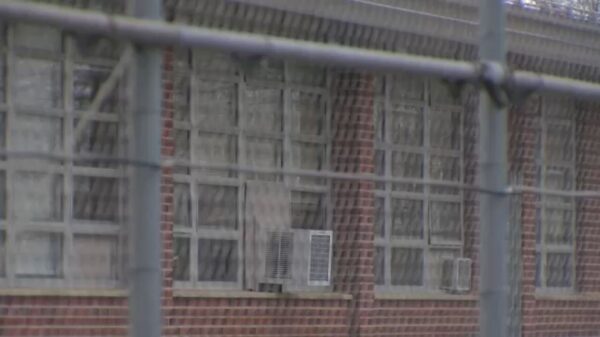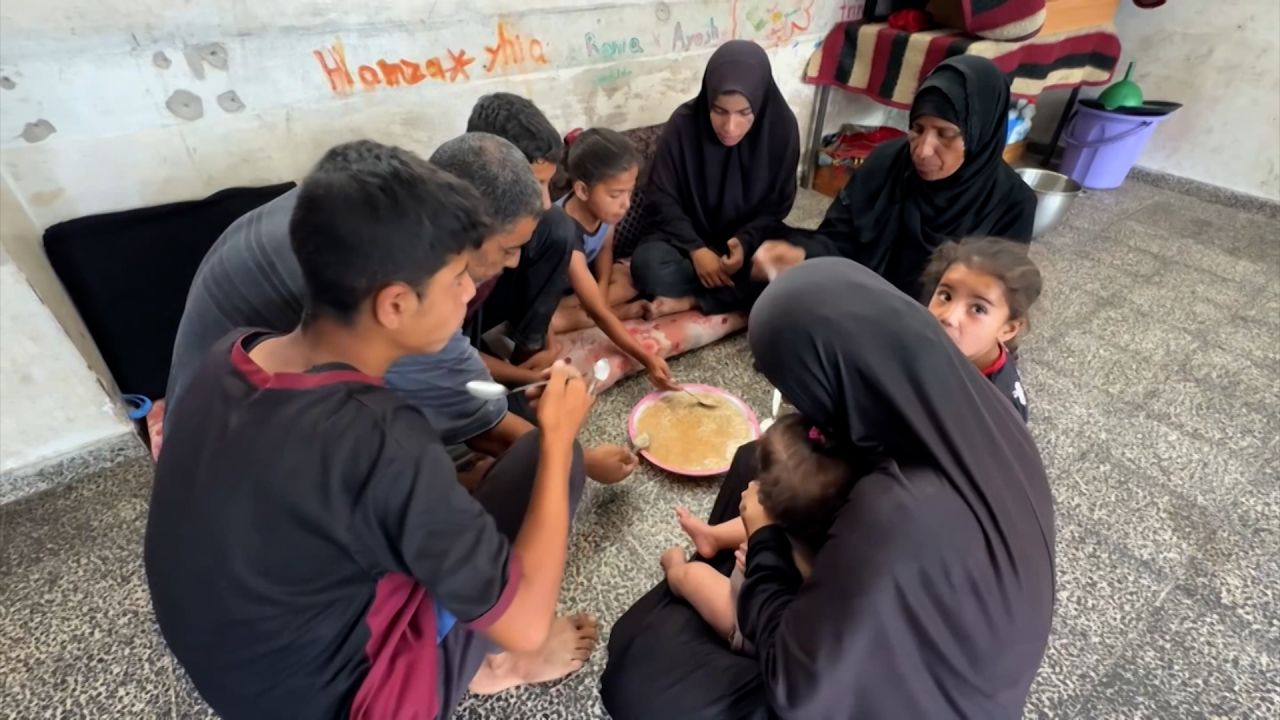Israeli military operations in the Gaza Strip have escalated, particularly in the central region of Deir al-Balah, leading to severe humanitarian repercussions for local residents. Eyad Awami, a representative of the Global Gaza Relief Agency, stated that the situation has “worsened more and more,” as many who were already displaced now find themselves with no safe refuge. The ongoing conflict has severely hampered aid distribution, leaving civilians without basic necessities.
Awami expressed his concerns during an interview with CNN, emphasizing that limited aid remains difficult to distribute due to the absence of supervisory organizations. He described the plight of families forced to evacuate, stating, “They (the Israeli military) order us to flee from our homes, and after that without our tents, without any safety, without any shelters… so there is no safe place that we can go and take care of our children and our elderly people.”
On Monday, Israeli tanks entered Deir al-Balah, marking the first ground operations in this area during the 21-month conflict. Reports from Israeli media, humanitarian organizations, and local witnesses confirm this development. The Israel Defense Forces (IDF) did not provide specific comments on their operations, though Israel Army Radio indicated that the offensive had commenced.
Humanitarian Crisis Deepens
The United Nations has condemned the evacuation orders, stating they “dealt yet another devastating blow to the already fragile lifelines keeping people alive across the Gaza Strip.” The health ministry in Gaza reported that over 1,000 people have died while seeking humanitarian assistance since late May, reflecting the dire conditions many face. These casualties primarily occurred as individuals attempted to reach aid distribution sites operated by the Gaza Humanitarian Foundation (GHF), which began its operations on May 27, 2023.
While the Palestinian health ministry did not specify the locations of these fatalities, officials and witnesses have attributed most incidents to Israeli military actions. The IDF has acknowledged firing warning shots at crowds in certain instances but denied responsibility for other deaths. In late June, the military announced a “reorganization” of access routes to aid sites to reduce conflicts with the local population, yet fatalities have persisted.
In response to the escalating humanitarian crisis, the foreign ministers of 25 Western nations issued a statement criticizing Israel’s approach to aid distribution. They described the strategy of “drip feeding” aid into Gaza as dangerous and counterproductive, asserting that it exacerbates instability and undermines the dignity of the Gazan people. The ministers stated, “The suffering of civilians in Gaza has reached new depths,” condemning both the inadequate delivery of aid and the tragic loss of civilian lives, including children, who are striving to meet their most basic needs for water and food.
The situation in Gaza reflects a complex humanitarian emergency that continues to unfold with grave implications for its residents. As military operations intensify, the international community is facing mounting pressure to address the humanitarian needs of those trapped within the conflict.






































































